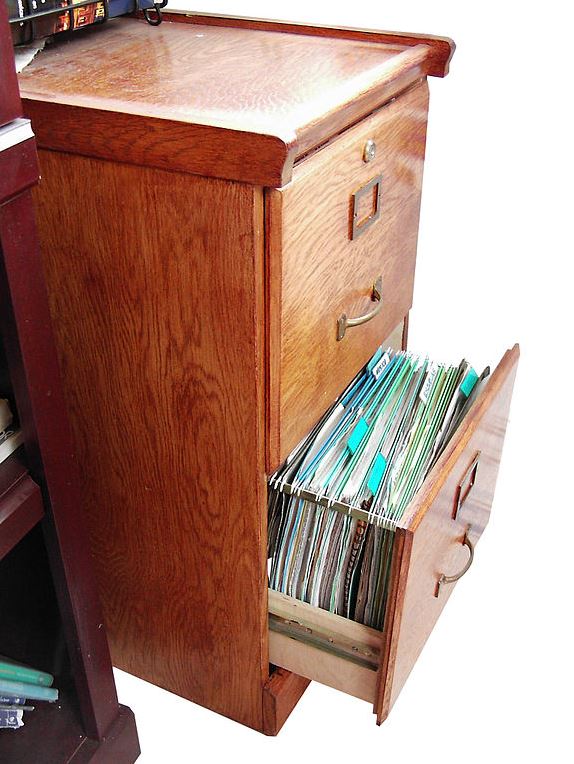3 Ways To Protect Your Sensitive Business Information

In this age of information, protecting your sensitive business documents is essential to your success and privacy. Your clients depend upon you to protect their information, as do your employees. These three tips can help you to protect your sensitive business information without spending too much time or too much of your energy on doing so.

Physical security is one of the most important considerations for your sensitive business information. For your active files and documents, keeping them in a locked cabinet is a first line of defense against unauthorized access. If you have a multitude of confidential files and papers, you may wish to dedicate an entire storage room for keeping all of them secure. In addition to locking the cabinets, you can also use deadbolt locks or electronic locks so that only authorized users can gain access to the files. Keeping all your files in one secure location eliminates the need to search around the office for them. It also allows this kind of information to be accessible at a moment’s notice.
Shredding old documents that your business no longer needs is also important for the handling of sensitive information. Documents that you will no longer need for tax purposes or other record keeping should be shredded, as keeping unnecessary information on your premises is an unneeded use of your space and time. Professionals, like those at Vital Records Control, offer on-site and off-site shredding for your business.A cross cutting shredder is an ideal method of destroying the old documents. You may also wish to have the shredded pieces destroyed or securely hauled away for disposal. The more options you have to dispose of sensitive material, the better off your business will be.
As many businesses shift from paper record keeping to digital documentation, it is also important to protect this type of information. Use complicated pass phrases and do not share them with anyone else. Change your pass phrases regularly. Keep your anti-virus software up to date on all computers and connected devices that are on your business network. Make sure that your Wi-Fi network is password protected, and update that pass phrase regularly as well. Make sure that any electronic waste produced by your business is handled properly, including floppy discs, CD-ROMS, flash drives, memory and hard drives, which should all be wiped of data before disposal. Taking the time to do this with each type of storage device ensures that your business will remain secure and compliant with policies and procedures.
Protecting your sensitive business information from potential criminals is an important part of the work that you do, and these easy steps will help you to do so on a daily basis. Keeping yourself up to date on the latest ways that thieves go about stealing information will also continue to be important to your business. By considering the security of your data and taking action to protect it, you are also protecting your livelihood.
